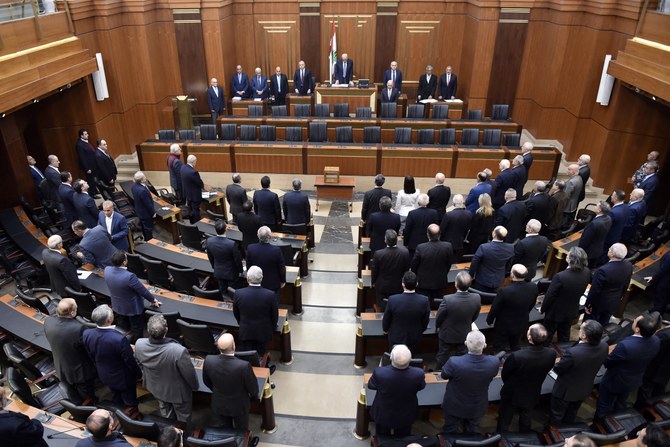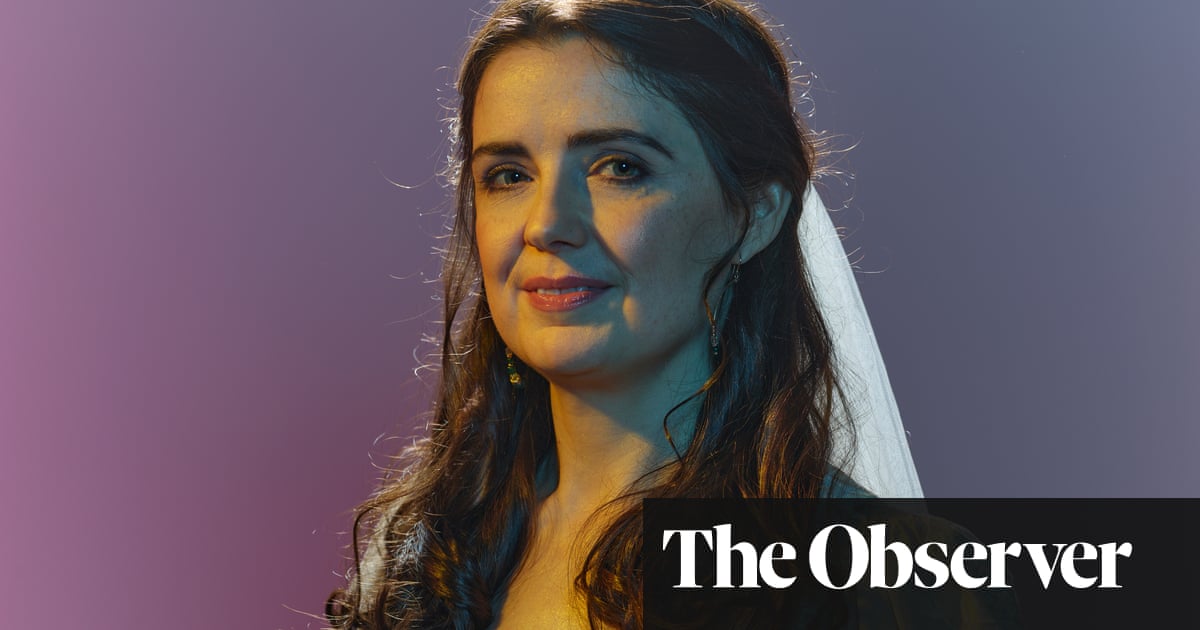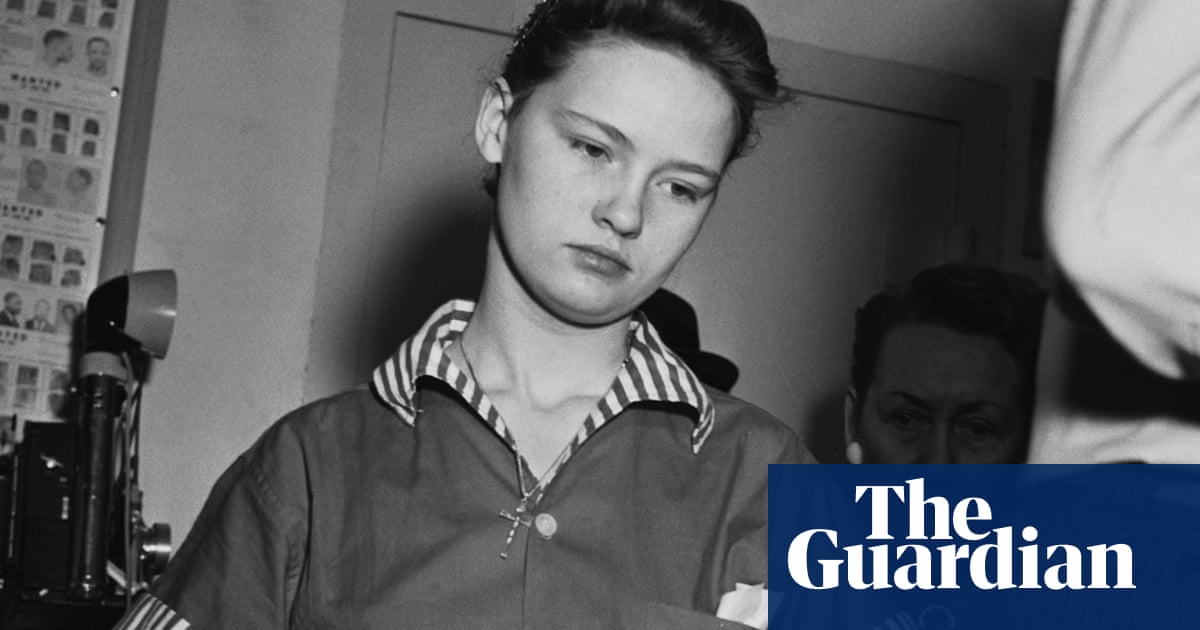
In 2010, the bustling streets of Osh in southern Kyrgyzstan experienced tragic events residents would like to forget: an inter-ethnic conflict between Uzbeks and Kyrgyz that killed at least 426 people, burned down 2500 homes and forced thousands to flee.
Despite people’s desire to move on, social media has kept tensions simmering, especially among some of the more extreme youth. Authorities are concerned that while things are calm right now, violence could unexpectedly erupt.
Today, nearly 28% of Kyrgyzstan’s population is composed of ethnic minorities — Uzbek, Russian, Dungan, Kazakh and other smaller groups — but fewer than 5% of civil servants come from minority groups.
Institutionalizing diversity
In the Osh and Djalal-Abad regions of the country, an internship programme designed by UN Human Rights has expanded opportunities in the civil service for ethnic minorities, women and people with disabilities. Each intern was assigned a mentor and received training in human rights and public administration.
“Indeed some qualified specialists cannot find work, but through such a project they could get a job, including ethnic minorities,” said Anara Temiralieva, one of the programme’s mentors and head of the Family and Children’s Unit in the Department of Labour and Social Development. “This not only gives young people opportunities, but it helps them find their way. Some stay, others find other jobs, but it is of huge added value.”
Anara would like to see the programme expanded across the country, especially since it is difficult to attract young people to the civil service, where pay is lower than in the private sector.
Navigating Roadblocks
Maftuna Mavlyanova is an accountant from Osh who applied for one of the civil service internships. With a string of rejections from other employers behind her, even her friends were surprised she was accepted, she said.
“I was a new bride,” Maftuna said, “and there is this stereotype that I needed to tend to the household, so I had many doors slammed in my face. I never dreamed I would be accepted into this internship.”
Perhaps previous brush-offs were because she was a new bride, Mavlyanova thought. Or a woman. Or Ethnic minority in a sea of Kyrgyz applicants. Whatever the reason, Mavlyanova proved herself as once her internship was over, she was kept on.
Another factor that can influence hiring in the civil service is language. While Russian is an official language and widely spoken, the state language is Kyrgyz, which is used for most official business.
Language was an issue for Madina Gasanova, an intern who belongs to the Dungan minority group, which makes up 1% of Kyrgyzstan’s population.
“I understand Kyrgyz very well but it is harder for me to speak it,” she said, acknowledging her lack of fluency made things more difficult.
The programme allowed her to access an internship at a government agency to try and put her knowledge into practice.
The Kyrgyz language is being introduced incrementally into all education, with English touted as an additional language that would provide integration into the world community.
A difficult start
The internship programme has not been without its challenges. While the Government authorities supported the idea of internships for young professionals, in 2016, they called for a broadening of the programme to include members of the ethnic majority as well.
The internships are part of a wider UN Human Rights programme on judicial and social equality funded by the European Union and UN Peace Building Fund, aimed at increasing stability in Kyrgyzstan’s potentially volatile environment.
Added layers of complexity arose from factors such as the COVID-19 pandemic, which forced much of the training for interns to move online. However, the internship programme has worked so well that the Personnel Department of the Civil Service would like to expand it beyond Osh and Djalal-Abad, and conduct in Issyk-Kul region.
Building on success
Oleg Tarbinskii is the deputy head of the State Personnel Service, which handles all civil service hiring. He said the internship programme goes far beyond its initial goal.
“
It helps attract and promote qualified young people into public service, it evens out the rural-urban divide by providing equal access to all.
“
OLEG TARBINSKII - DEPUTY HEAD OF THE STATE PERSONNEL SERVICE
“It helps support professional consistency through the transfer of skills and continuity, and it is a test to measure the commitment of Kyrgyzstan to the democratic and liberal values of the state,” he said. “If UN Human Rights can help and support, we can try to institutionalize these internships to cover the entire system. If not, we will still push forward on our own,” he said.
The civil service had tried internship projects before, but those efforts were sporadic. However, as a result of the partnership with UN Human Rights, the civil service has shored up and improved its own internship practices by, for example, offering stipends to make internships more attractive. The interns, too, are happy with the result.
“This was a wonderful experience,” said Mavlyanova, the accountant from Osh. “Now, all my friends want to be interns too. A lot of them have university degrees but they face obstacles. When they don’t get hired for good jobs, it is never because of their qualifications, but because of ‘something else’.”
That ‘something else’ is what the government hopes to eliminate. While not all interns end up with jobs in the civil service, they feel the experience was worth it, whatever the outcome.
Gasanova, an intern from the Dungan minority, planned to return to the tourism industry after her internship. She felt the training was eye-opening and would be of great use to her in future.
“Before, I believed human rights violations could only take place between people. Now I understand states can also infringe our human rights. The training was exciting, interactive and really stretched our critical thinking,” she said.
Mavlyanova agreed: “This programme is good for everyone, not just minorities, but for women and young people and all of those who now have a great chance.”
“Without the internship, I would not have this job. It simply would not have been possible.”
This story was originally published on exposure on 10 June 2021.












